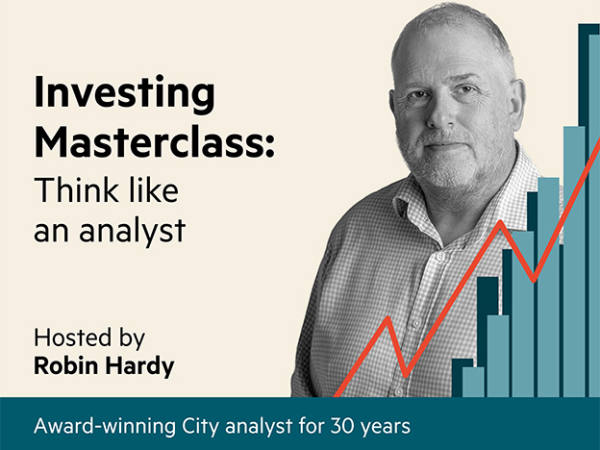As of Tuesday, the population of the earth is over 8 billion. This is a significant achievement. It is the result of jumps in medical and agricultural science, as well as progress in women’s rights. Species are judged on their ability to reproduce and, on this front, humans are doing extremely well.
As of 2018, humans accounted for 36 per cent of the biomass of all mammals on earth. Domestic livestock, mostly cows and pigs, accounted for 60 per cent. This left only 4 per cent for the lions, elephants, deer and all the other wild mammals. Meanwhile, farmed poultry makes up 70 per cent of the birds in the world. Some consider this a sad state of affairs, but it’s much better for us than the other way around.
Since Thomas Malthus preached the dangers of overpopulation at the end of the 18th Century, people have feared population growth. The concern was population would increase exponentially while food production would only increase linearly. This was wrong. The Ostwald process was invented in 1902 and enabled us to create nitrates for fertilisers which massively increased agricultural yields.
The challenge today is not over population but an ageing population. Part of the population miracle is our ability to keep people alive a lot longer but with fertility rates dropping below 2.1 (the replacement rate) in most of the developed world, demographics are going to become increasingly skewed towards retirees.
It is difficult to know what effects this will have on economies because there is no precedent in human history. One theory is it will lead to higher inflation. With less working age people, productivity (output per person) will fall, meaning a lower supply of goods. On top of this, older people spend more and save less, so demand for goods should grow.
As we have discovered recently in the post Covid-stimulus world, more money chasing fewer goods leads to inflation. However, unlike Covid, this won’t be transitory. Inflation will get increasingly worse as the population ages further. Central banks will then increase interest rates to tackle the problem, depressing asset valuations. Not a great investment environment, especially for growth stocks.
However, this is all predicated on the theory that humans will be incapable of repeating the scientific breakthroughs we managed in the last 150 years. If each of the working age people can produce significantly more because they are aided by technology, then this would increase supply faster than demand. AI is an obvious route. Amazon just released a new robot called Sparrow that uses AI vision to pick up any shaped boxes. The same week Sparrow was announced, reports emerged Amazon would be firing 10,000 people.
This paper in The Lancet predicts the world will reach a peak population of 9.7 billion in 2064. However, this is based on our understanding of trends. But who’s to say the slowing population growth we see now will continue?
For the 2000 years before the 19th century, population growth was slow and linear. It is only since the industrial revolution we have had exponential expansion. If AI does take off, we could conceivably see another population boom. AI is already revolutionising medical care, extending life further and if people are put out of work by robotics, they could turn to parenthood for a sense of meaning in life, leading to another baby boom. Covid-19 furlough schemes have already laid the political groundwork for universal basic income.
If you are pessimistic about humanity’s potential for technological development, then 2064 onwards it is going to be a tough investment environment. The good news is that there are more people than ever. Only a few of them need to have world changing ideas.
-
This content is published weekly in The Squeeze newsletter, which is a fresh, new take on investment news giving less experienced investors the what and why of the latest pressing stories. Delivered every Friday.
Click here to sign up to receive The Squeeze newsletter every week.







